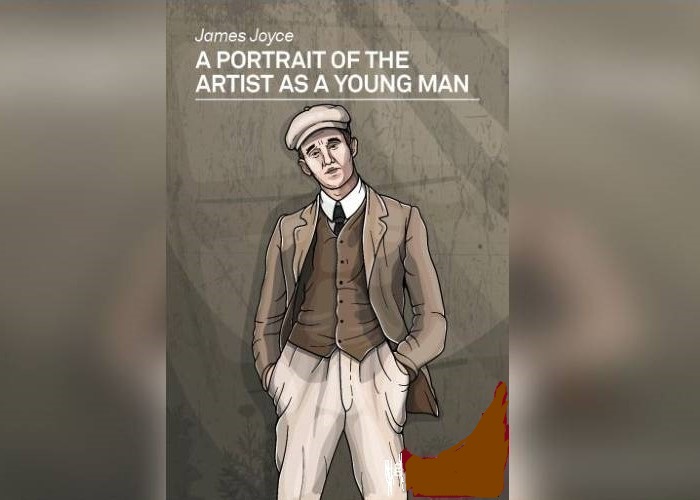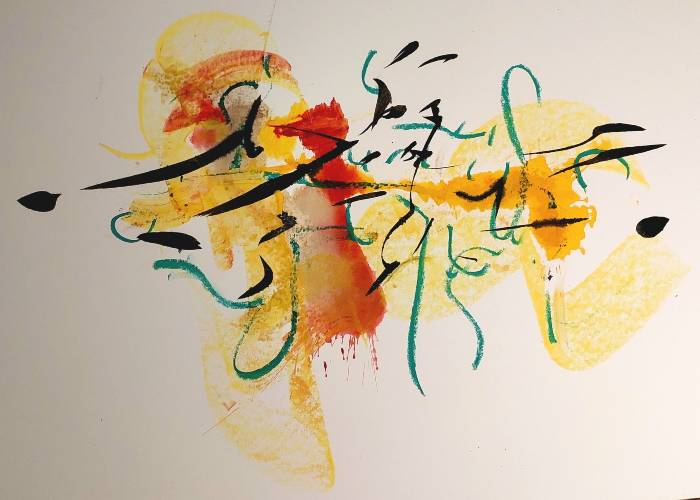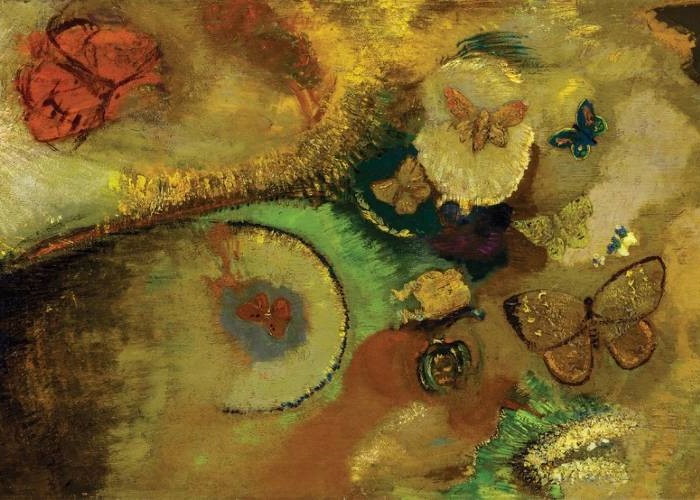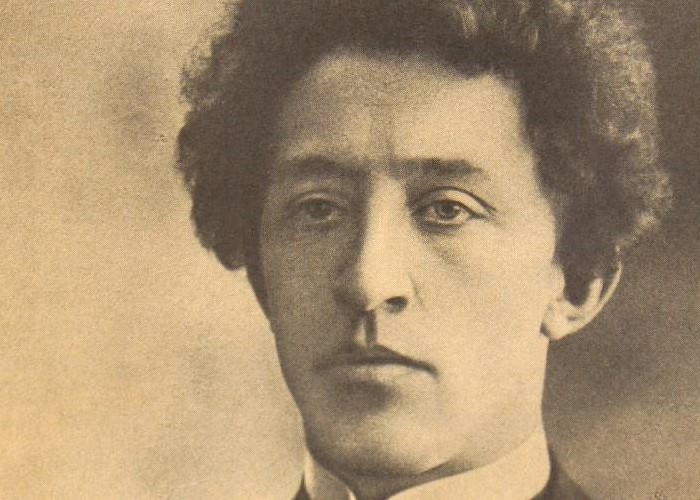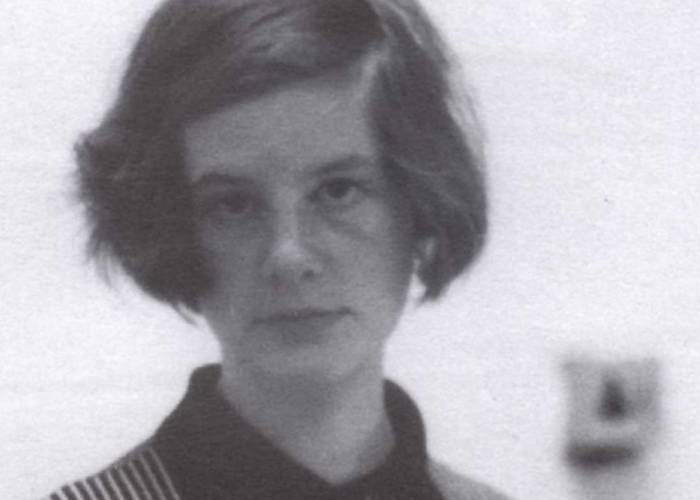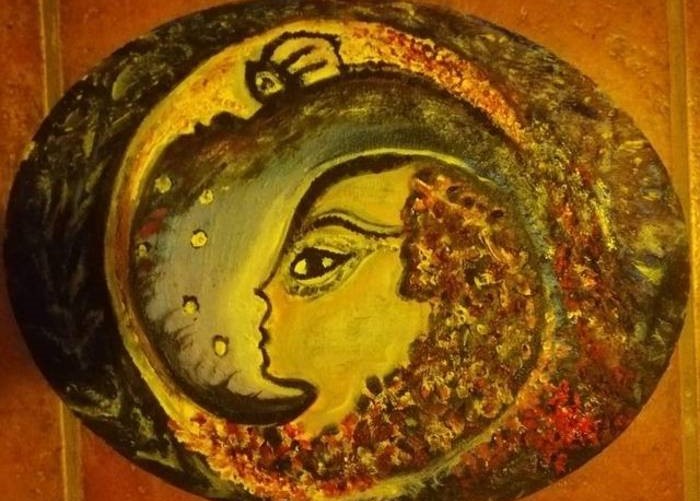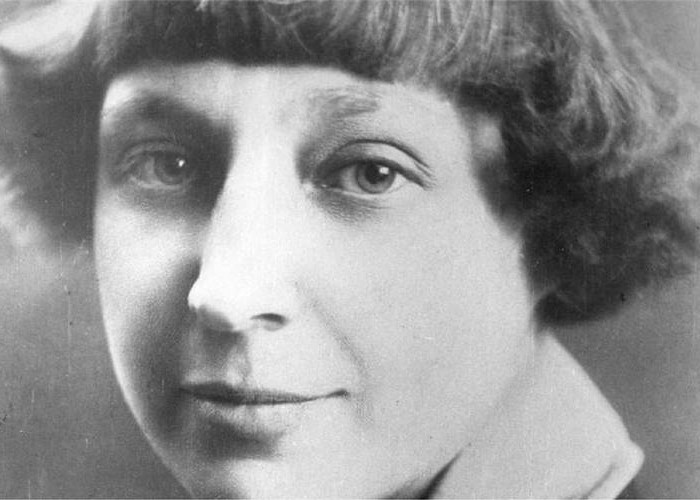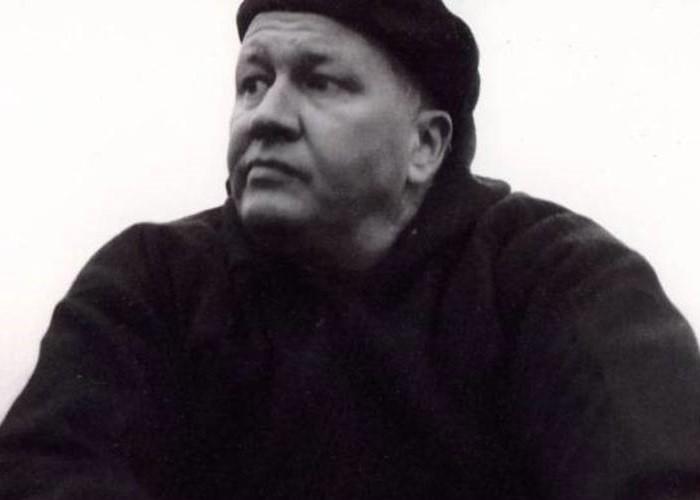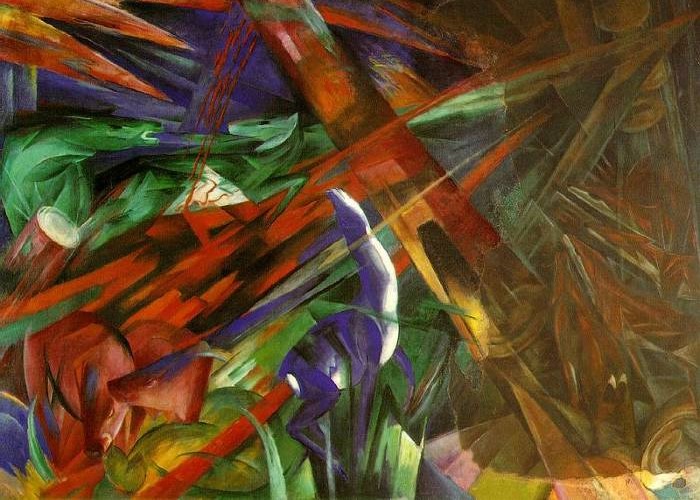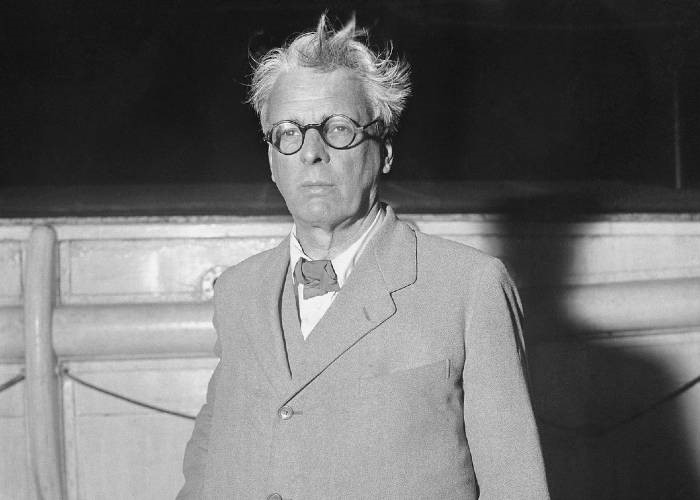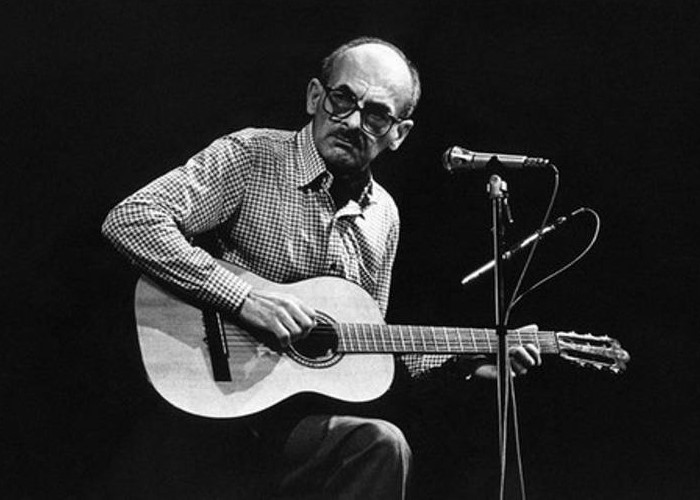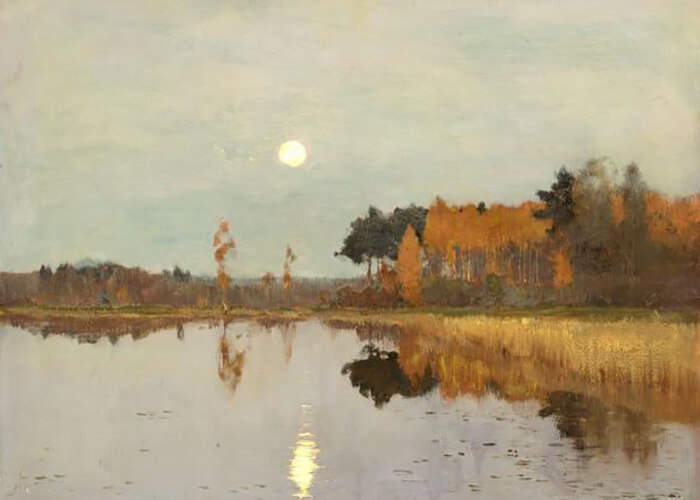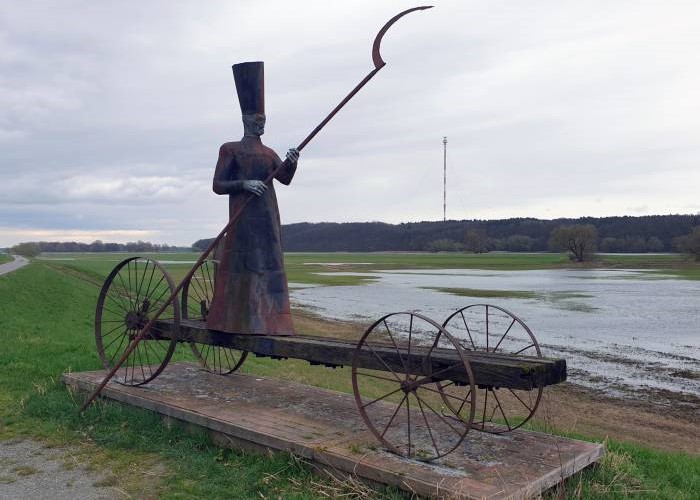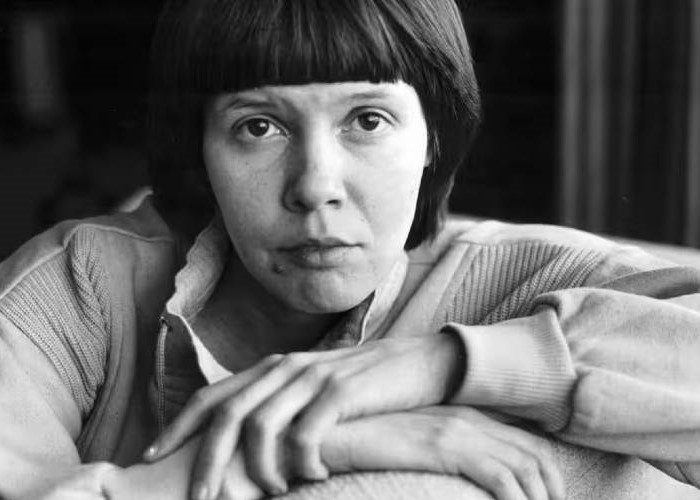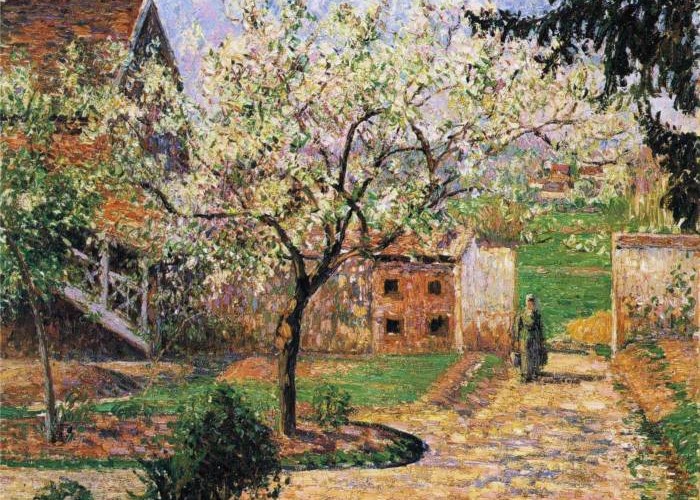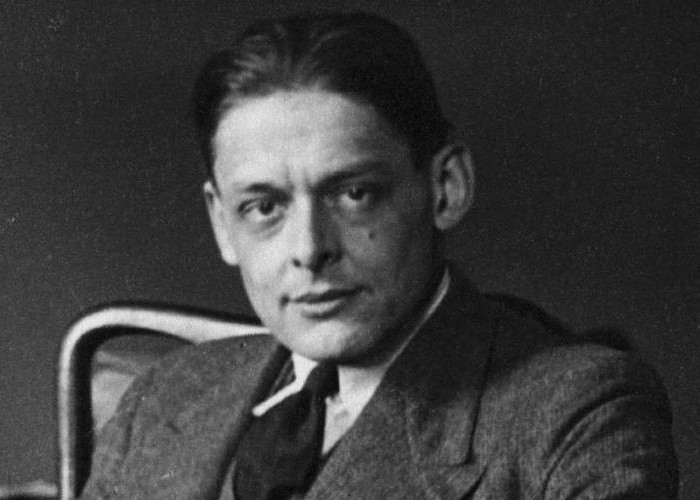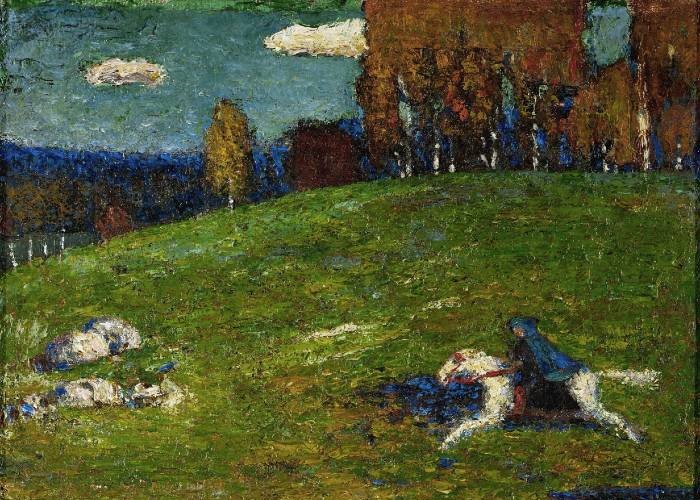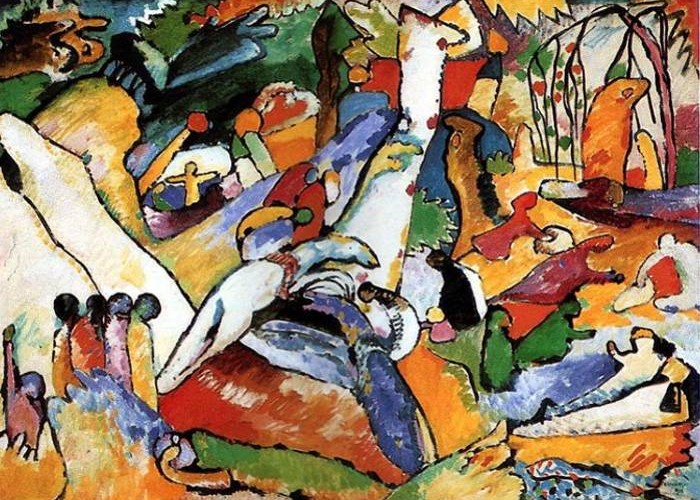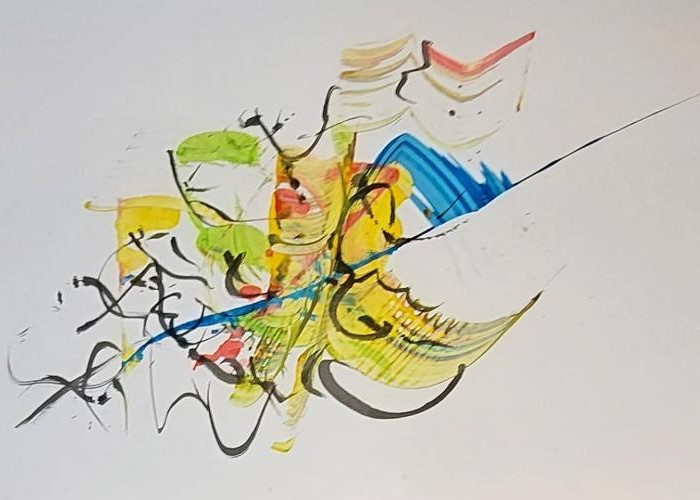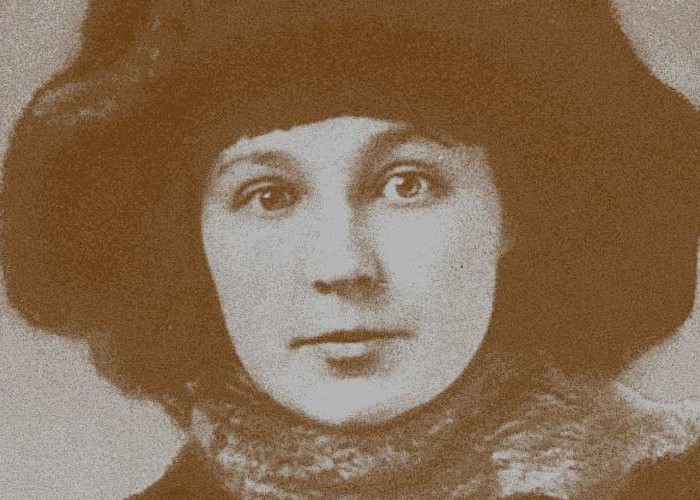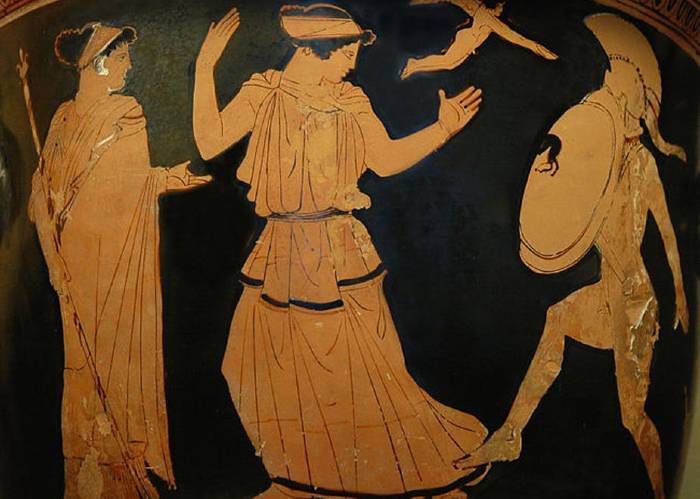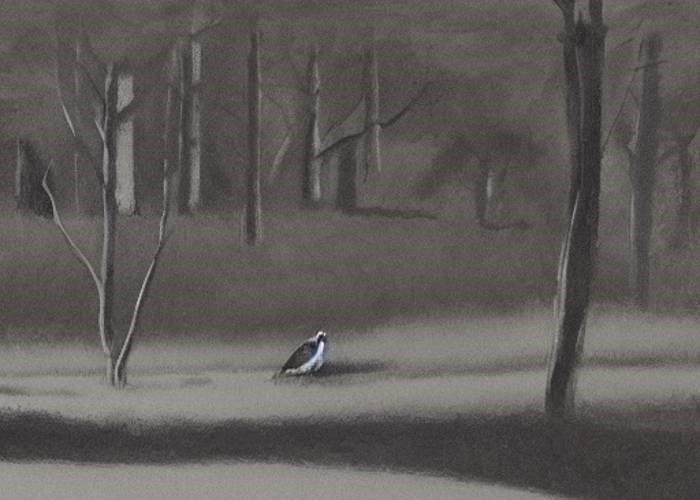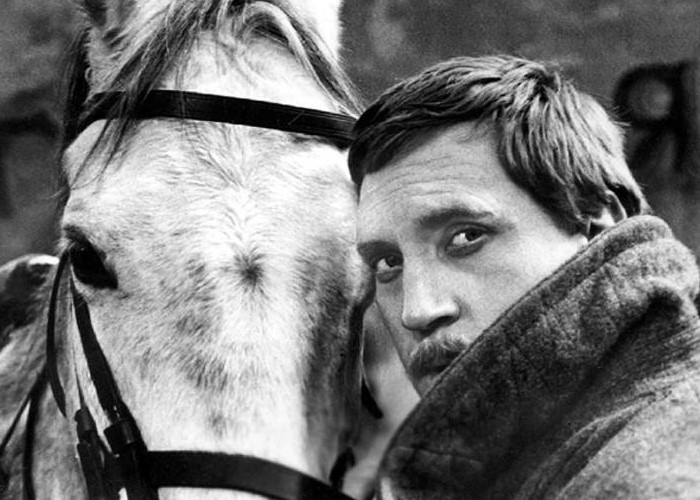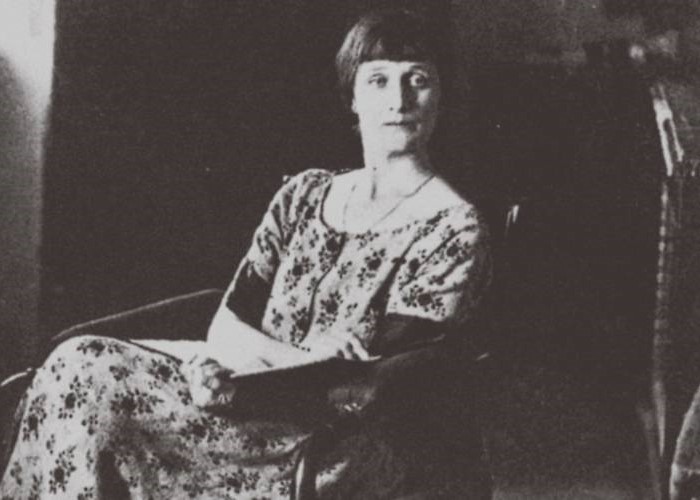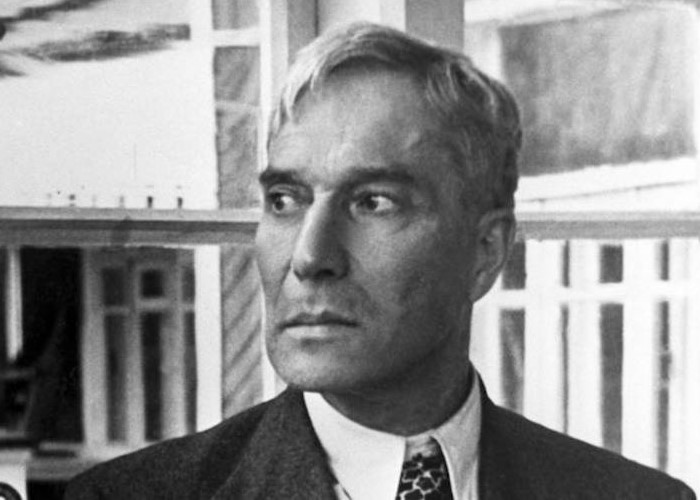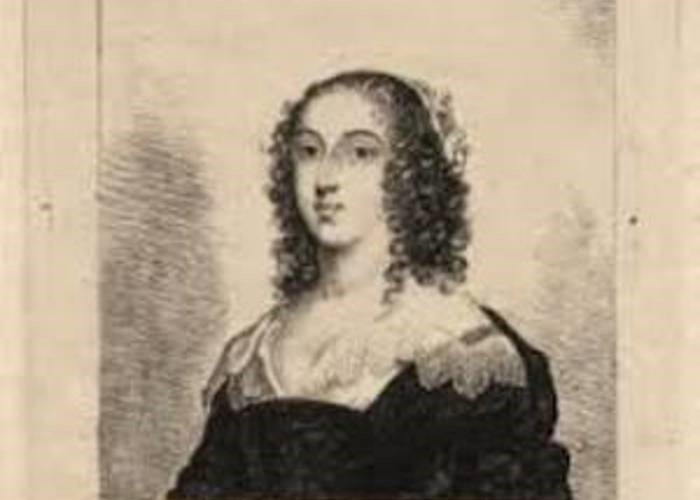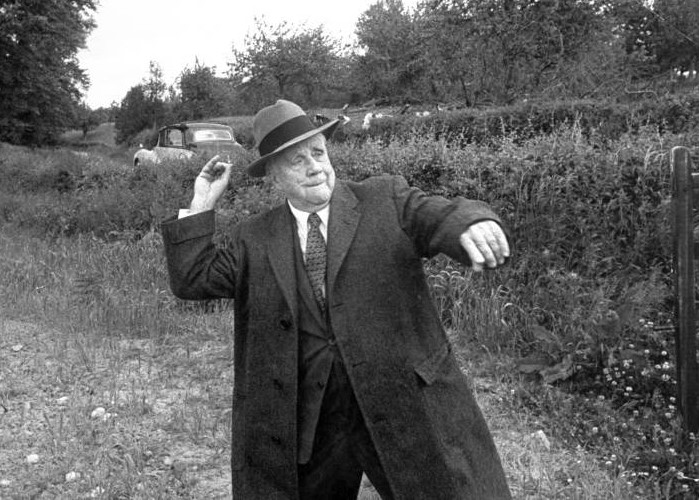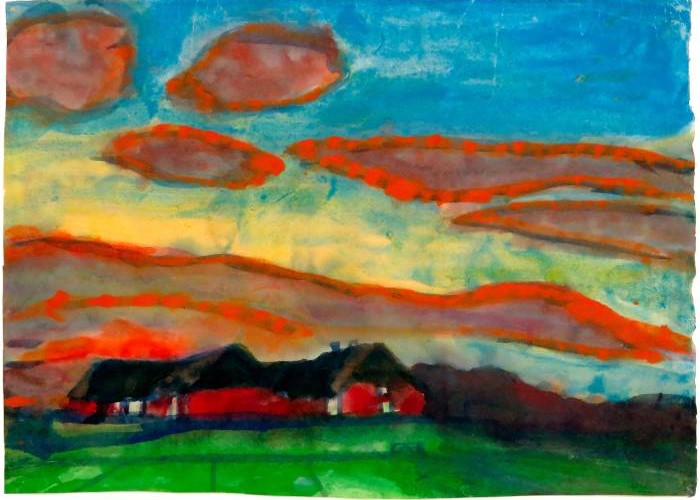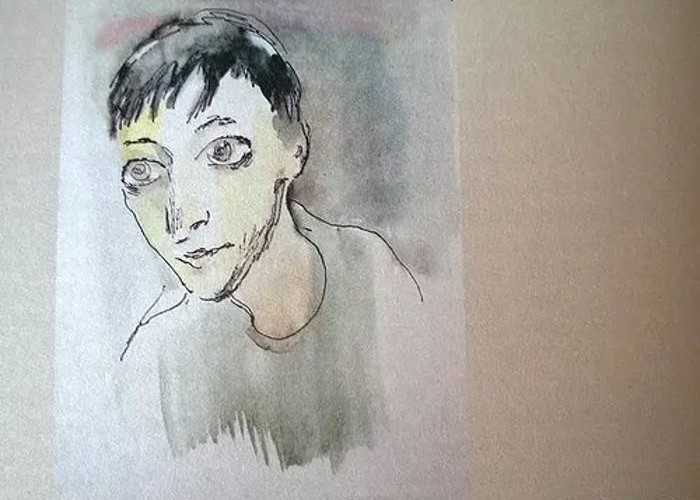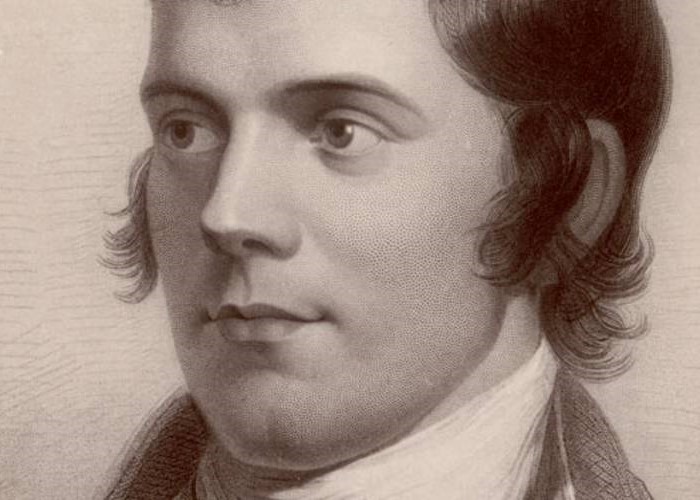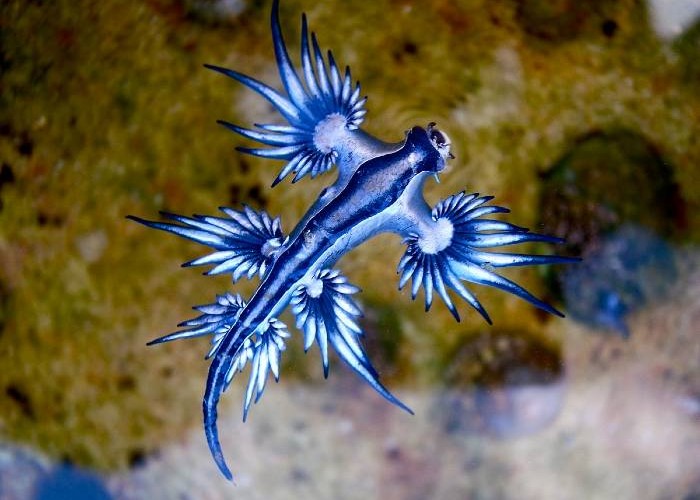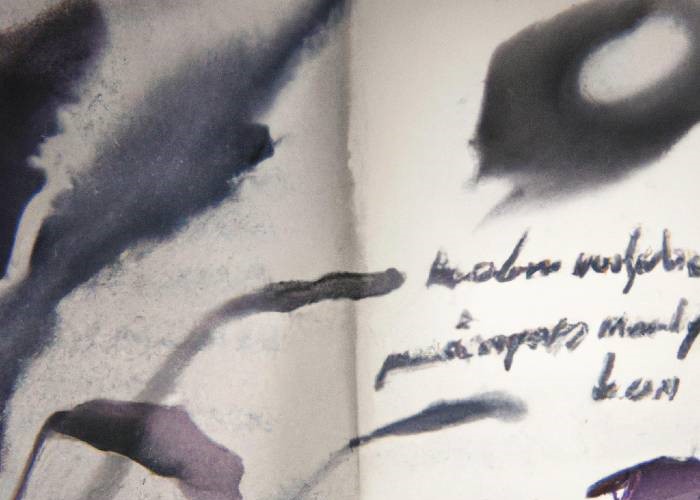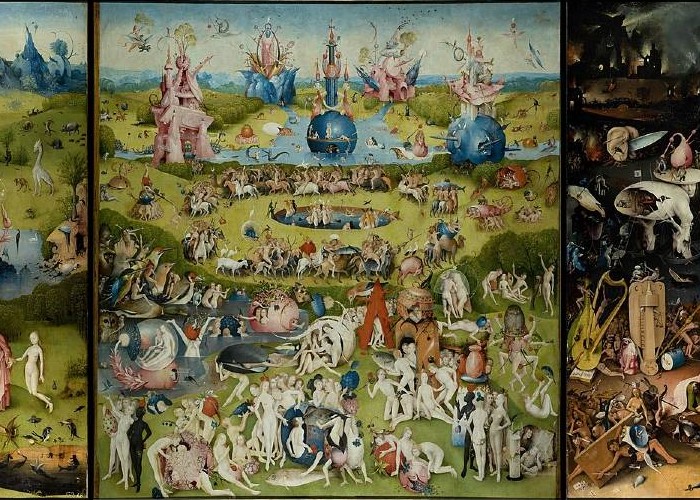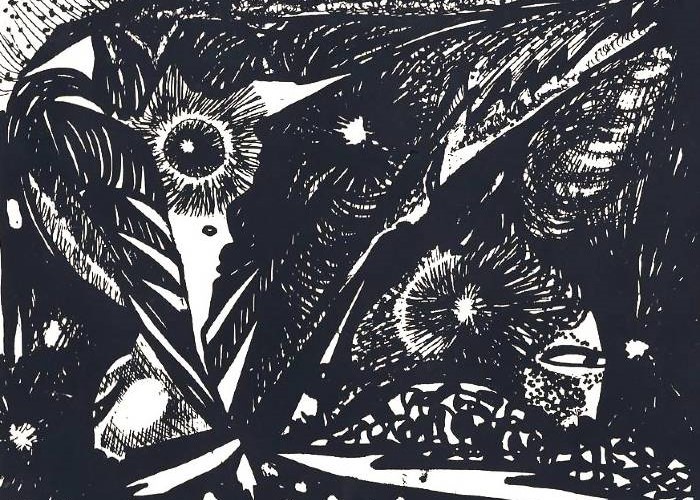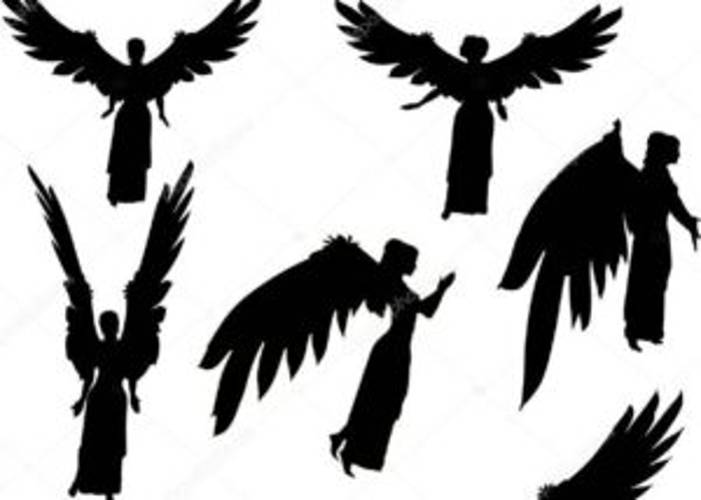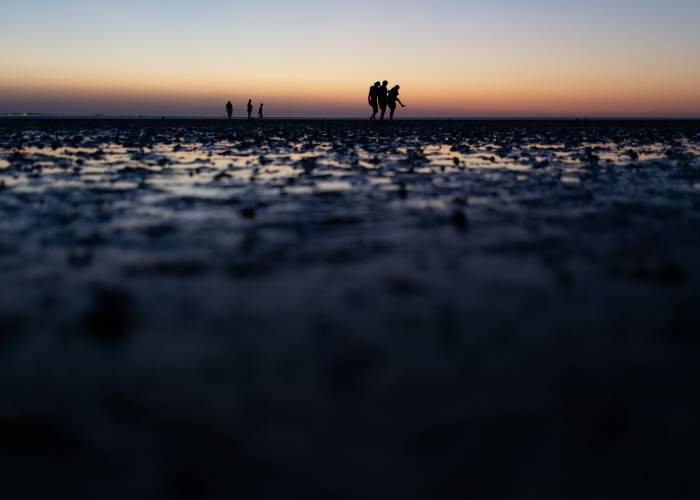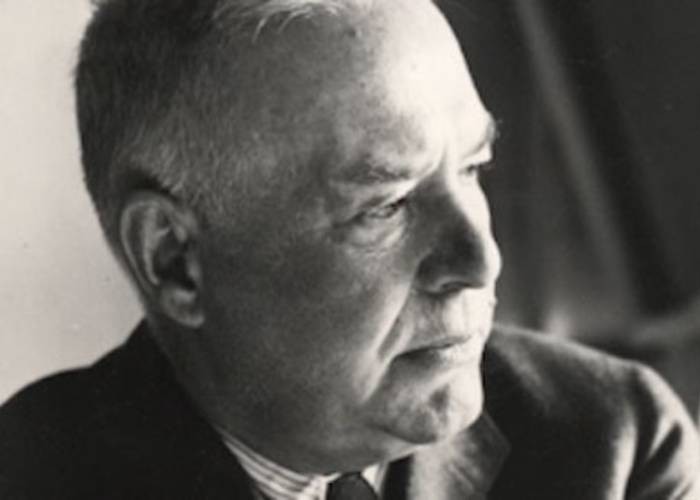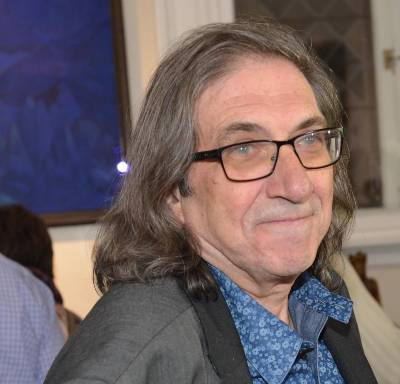I
It is possible that to seem — it is to be,
As the sun is something seeming and it is.
The sun is an example. What it seems
It is and in such seeming all things are.
Thus things are like a seeming of the sun
Or like a seeming of the moon or night
Or sleep. It was a queen that made it seem
By the illustrious nothing of her name.
Her green mind made the world around her green.
The queen is an example. . . . This green queen
In the seeming of the summer of her sun
By her own seeming made the summer change.
In the golden vacancy she came, and comes,
And seems to be on the saying of her name.
Her time becomes again, as it became,
The crown and week-day coronal of her fame.
II
Such seemings are the actual ones: the way
Things look each day, each morning, or the style
Peculiar to the queen, this queen or that,
The lesser seeming original in the blind
Forward of the eye that, in its backward, sees
The greater seeming of the major mind.
An age is a manner collected from a queen.
An age is green or red. An age believes
Or it denies. An age is a solitude
Or a barricade against the singular man
By the incalculably plural. Hence
Its identity is merely a thing that seems,
In the seeming of an original in the eye,
In the major manner of a queen, the green
The red, the blue, the argent queen. If not,
What subtlety would apparition have?
In flat appearance we should be and be,
Except for delicate clinkings not explained.
These are the actual seemings that we see,
Hear, feel and know. We feel and know them so.
III
There are potential seemings, arrogant
To be, as on the youngest poet’s page,
Or in the dark musician, listening
To hear more brightly the contriving chords.
There are potential seemings turbulent
In the death of a soldier, like the utmost will,
The more than human commonplace of blood,
The breath that gushes upward and is gone,
And another breath emerging out of death,
That speaks for him such seemings as death gives.
There might be, too, a change immenser than
A poet’s metaphors in which being would
Come true, a point in the fire of music where
Dazzle yields to a clarity and we observe,
And observing is completing and we are content,
In a world that shrinks to an immediate whole,
That we do not need to understand, complete
Without secret arrangements of it in the mind.
There might be in the curling-out of spring
A purple-leaping element that forth
Would froth the whole heaven with its seeming-so,
The intentions of a mind as yet unknown,
The spirit of one dwelling in a seed,
Itself that seed’s ripe, unpredictable fruit.
Things are as they seemed to Calvin or to Anne
Of England, to Pablo Neruda in Ceylon,
To Nietzsche in Basel, to Lenin by a lake.
But the integrations of the past are like
A Museo Olimpico, so much,
So little, our affair, which is the affair
Of the possible: seemings that are to be,
Seemings that it is possible may be.
IV
Nietzsche in Basel studied the deep pool
Of these discolorations, mastering
The moving and the moving of their forms
In the much-mottled motion of blank time.
His revery was the deepness of the pool,
The very pool, his thoughts the colored forms,
The eccentric souvenirs of human shapes,
Wrapped in their seemings, crowd on curious crowd,
In a kind of total affluence, all first,
All final, colors subjected in revery
an innate grandiose, an innate light,
The sun of Nietzsche gildering the pool,
Yes: gildering the swarm-like manias
In perpetual revolution, round and round. . . .
Lenin on a bench beside a lake disturbed
The swans. He was not the man for swans.
The slouch of his body and his look were not
In suavest keeping. The shoes, the clothes, the hat
Suited the decadence of those silences,
In which he sat. All chariots were drowned. The swans
Moved on the buried water where they lay.
Lenin took bread from his pocket, scattered it—
The swans fled outward to remoter reaches,
As if they knew of distant beaches; and were
Dissolved. The distances of space and time
Were one and swans far off were swans to come.
The eye of Lenin kept the far-off shapes.
His mind raised up, down-drowned, the chariots.
And reaches, beaches, tomorrow’s regions became
One thinking of apocalyptic legions.
V
If seeming is description without place,
The spirit’s universe, then a summer’s day,
Even the seeming of a summer’s day,
Is description without place. It is a sense
To which we refer experience, a knowledge
Incognito, the column in the desert,
On which the dove alights. Description is
Composed of a sight indifferent to the eye.
It is an expectation, a desire,
A palm that rises up beyond the sea,
A little different from reality:
The difference that we make in what we see
And our memorials of that difference,
Sprinklings of bright particulars from the sky.
The future is description without place,
The categorical predicate, the arc.
It is a wizened starlight growing young,
In which old stars are planets of morning, fresh
In the brilliantest descriptions of new day,
Before it comes, the just anticipation
Of the appropriate creatures, jubilant,
The forms that are attentive in thin air.
VI
Description is revelation. It is not
The thing described, nor false facsimile.
It is an artificial thing that exists,
In its own seeming, plainly visible,
Yet not too closely the double of our lives,
Intenser than any actual life could be,
A text we should be born that we might read,
More explicit than the experience of sun
And moon, the book of reconciliation,
Book of a concept only possible
In description, canon central in itself,
The thesis of the plentifullest John.
VII
Thus the theory of description matters most.
It is the theory of the word for those
For whom the word is the making of the world,
The buzzing world and lisping firmament.
It is a world of words to the end of it,
In which nothing solid is its solid self.
As, men make themselves their speech: the hard hidalgo
Lives in the mountainous character of his speech;
And in that mountainous mirror Spain acquires
The knowledge of Spain and of the hidalgo’s hat—
A seeming of the Spaniard, a style of life,
The invention of a nation in a phrase,
In a description hallowed out of hollow-bright,
The artificer of subjects still half night.
It matters, because everything we say
Of the past is description without place, a cast
Of the imagination, made in sound;
And because what we say of the future must portend,
Be alive with its own seemings, seeming to be
Like rubies reddened by rubies reddening.
*
Уоллес Стивенс
ОПИСАНИЕ БЕЗ МЕСТА
I
Возможно, что представить — значит быть.
Пусть солнце только мнится, оно есть.
Но солнце — лишь пример. И все, что мнится —
То существует, как все вещи в мире.
Все вещи — только видимость, как солнце,
Либо как ночь, луна иль сон. Царица
Без имени заставила помни́ться
Светлейшей безымянностью своей.
Ее зеленый разум создал мир.
Она — пример… Зеленая царица
Лишь кажущимся летом ее солнца
Заставила и лето измениться
Воображеньем. В пустоте златой
Явилась мнясь, что произносит имя
Свое, опять, как встарь, во время оно,
И слава дней на ней — ее корона.
II
Видения такие — явь: явленья
Так видятся нам каждый день и утро,
Стать королевы этой или той,
Чем меньше кажется, когда слепой
Несется глаз вперед, тем больше дум
Рождает наш великий задний ум.
A век — у королевы взятый образ.
Век может быть зеленым или красным.
Век верит или отрицает. Он
Уединен иль против одного
Бесчисленное множество идет
На баррикады. Оттого его
Лишь мнится личность. То, что глазу мнится —
Есть изначальный образ той царицы —
Царицы красной, синей, серебристой.
А если нет, то в чем же утонченность
Видения? В явленьях плоских
Мы пребываем здесь, за исключеньем
Необъяснимых нежных перезвонов —
Все то, что мнится чувствам, слуху, зренью,
То, что мы чувствуем и знаем. Так
Мы чувствуем и знаем те виденья.
III
И есть возможные виденья — гордый
Строй на странице юного поэта
Иль музыканта темные аккорды,
Когда во тьме он ищет выход к свету.
И есть возможные виденья — страсти,
Как смерть солдата, крайнее усилье,
Обыденность сверхчеловечья крови,
Последнее дыханье — вдох и выдох,
И новый вдох — уже дыханье смерти
Предстательствует за него — дар смерти.
Бывает изменение безмерней,
Чем все метафоры поэтов, в нем
Бытие овеществится в точке,
Где подчинится музыки огонь
Той ясности, которая видна,
И наблюдений завершенье нам
Приносит удовлетворенье в мире,
Который сжавшись цельным стал мгновенно,
Нет нужды это понимать: он целен
Без наших тайных умственных усилий.
А может быть весной овеществится
Та лиловатая упругая частица,
Что в небо норовит пружиной взвиться
И кажущейся пеною зальет.
Намеренья ума не ясны, плод
Непредсказуем, что потом взрастет
Из духа семени. Все таково,
Как представлялось Кальвину и Анне
Английской, а Неруде на Цейлоне,
В Базеле — Ницше, Ленин представлял
У озера, но прошлого включенья —
Как бы Музей Olimpico: чем больше,
Тем меньше, и возможное нам мнится
Как есть или таким, как быть могло.
IV
В Базеле Ницше изучал, как пруд,
Менял свой цвет и форму, выцветал,
И наблюдал, как в крапчатом движенье
Менялось и само пустое время.
Его виденья — глубина пруда,
Сам пруд, а мысли — те цветные формы,
Причудливые сувениры форм людских,
Обернутые в мнимость — сонм на сонме,
Род изобилья полного: начало —
есть и конец: подвергнуты цвета
В мечтах врожденному величью, свету,
А солнце Ницше золотило пруд,
Да — золотило этих маний рой
В круговращенье вечном круг за кругом…
А Ленин на скамейке лебедей
У озера вспугнул. Он был не создан
Для них. И обхожденья образцом
Нельзя назвать тяжелый взгляд и стать.
Одежда, обувь, шляпа — все под стать
Распаду тишины вокруг него.
Все колесницы затонули. Птицы
Над погребенною водой проплыли.
Он вынул из кармана хлеб и бросил,
А лебеди уплыли прочь, как будто
О дальних закоулках знали, бухтах.
Пространство с временем слились в одно,
И лебеди должны были вернуться.
Взгляд Ленина вмещал те формы, дали,
Умом со дна поднял он колесницы,
И дали апокалипсисом стали.
V
Коль описание без места мнится,
Вселенная, где обитает дух,
То летний день, пусть даже мнится он,
Есть описание без места. Чувство,
К которому мы обращаем опыт,
Знанье инкогнито, среди пустыни —
Колонна с голубком. Вот описанье
Места, что безразлично глазу. Это —
Желанье, ожиданье, это пальма,
Растущая из моря, что немного
Отлично от реальности: различье,
Которое проводим в том, что видим,
В воспоминаниях об этом — брызги
Деталей ярких с неба. А потом —
Грядущее, без места описанье,
Категорическое утвержденье,
Аркада. Свет померкших ветхих звезд
Так молодеет, звезды-старики
Становятся планетами зари,
Свежи в блестящих описаньях дня,
Как предвкушенье верное существ
Уместных, чутких форм из ничего.
VI
Но описанье — это откровенье,
А не изображение предмета,
Не факсимиле фальшь, однако это —
Искусственный предмет, что существует,
Он мнится, но он зрим, хотя не близко,
Двойник он нашей жизни, что реальной
Насыщенней, чтобы прочесть тот текст,
Родиться нужно, книга примиренья
Ясней, чем опыт солнца и луны,
Понятия, которое возможно
Лишь в описании, канон, чей центр
В себе, как Откровенье Иоанна.
VII
Итак, теория в изображенье
Важней всего — теория о слове
Для тех, кто верит: словом сотворен
Жужжащий мир и шелестенье тверди,
Мир слов до самого конца, предела,
В котором нет основы кроме слова.
Как речь людей их создает: суровый
Идальго в горных звуках обитает,
В том горном зеркале саму себя узнала
Испания, узрев идальго шляпу —
Видение испанца, образ жизни,
Народа выявление во фразе,
Из яркой пустоты извлечена
Часть речи, что пока полутемна,
Что важно, ибо все, что говорили
О прошлом — описание без места,
Воображенья слепок в звуке, символ,
И то, что мы о будущем расскажем,
Должно ожить пусть мнящимся пейзажем,
Как бы игрой багровых бликов на рубинах.


